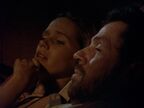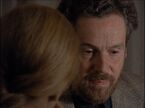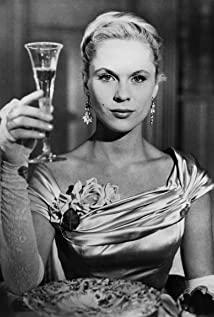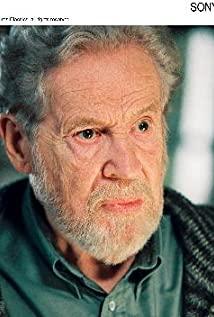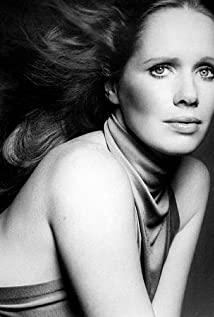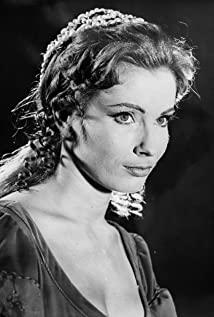There is also a TV version of this film, much like see what it will be like in the TV version. There should be more lines and more details.
The director has great control. In many scenes, the actors' emotions, lines, and performances are all in one go, which is too coherent and makes people breathless. Moreover, most of the time the camera is aimed at the actor's face, and subtle changes cannot escape the eyes of the audience. This is not the time to watch replays anytime! Amazing!
The skill of the actor is reflected in the long takes. Such a tight scene, almost a coherent performance of up to 6 minutes in the case of close-up. (The scene where the two meet again after a 6 month separation, before the heroine reads her diary) What a great actor.
The script was written by Bergman himself.
The director must first have an idea, so that he can speak. This way you know what to look for in the shot when you split the shot. This is a model for a psychological dialogue drama. Why does the camera give D to D when A speaks? And what does D mean when he glances at B at this time. Who is C looking at? Very delicate. At this time, the huge difference between the drama and the movie appeared. It is impossible for the drama to show such subtle changes in expressions. However, in this film, the difference between TV and film is actually not very clear. But most people probably don't watch TV as carefully as they watch a movie.
Regarding marriage, there may be different views, but it is difficult to jump out of such a narrative mode, right? Is there any other way?
View more about Scenes from a Marriage reviews



